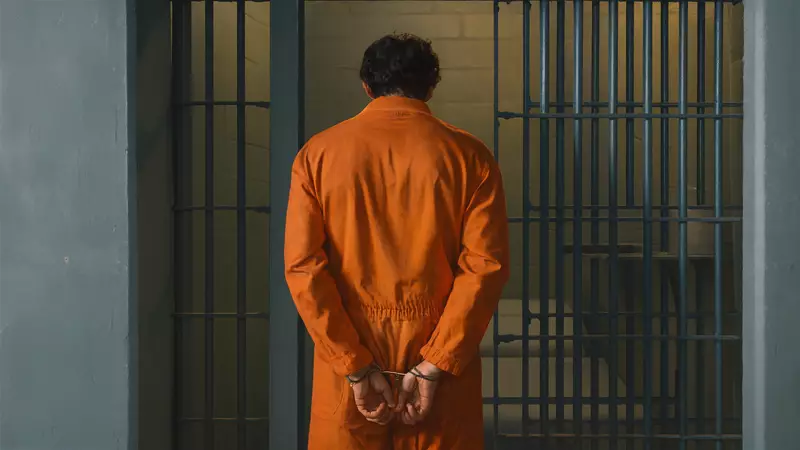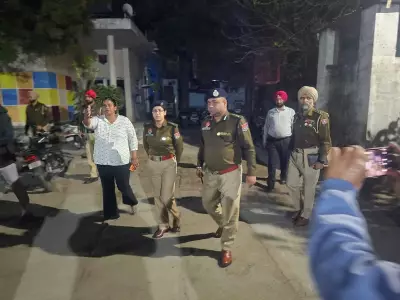
Imagine losing years of your life to prison walls for a crime you never committed. This isn't just a hypothetical scenario in India - it's a harsh reality for many who've been acquitted after enduring lengthy incarcerations. The burning question now facing our judicial system: Should the state compensate those wrongfully imprisoned?
The Human Cost of Judicial Errors
Across India, numerous individuals have walked out of prisons as free people after courts found them not guilty. However, these acquittals come after they've already served substantial time behind bars - sometimes decades. The psychological trauma, lost opportunities, and social stigma they endure raise serious questions about accountability.
Legal Framework: Is There a Safety Net?
Currently, India lacks a comprehensive legal framework specifically addressing compensation for wrongful imprisonment. While constitutional remedies exist under Article 32 and 226, the process remains cumbersome and uncertain. The Supreme Court has occasionally granted compensation in specific cases, but there's no standardized approach.
Global Precedents: Learning from Other Nations
Several countries have established clear compensation mechanisms for wrongful convictions:
- United States: Many states have wrongful conviction compensation statutes
- United Kingdom: Statutory compensation scheme for miscarriages of justice
- Canada: Ex-gratia payments for wrongful convictions
- Australia: Varying state-level compensation provisions
The Indian Judiciary's Evolving Stance
Recent judgments indicate the Supreme Court's growing recognition of this issue. Courts have increasingly acknowledged that mere acquittal doesn't erase the suffering endured during wrongful imprisonment. However, the compensation amounts and criteria remain inconsistent.
Key Challenges in Implementation
Establishing a fair compensation system faces several hurdles:
- Quantifying Loss: How to calculate compensation for lost years?
- Legal Framework: Need for specific legislation
- Financial Burden: State resources and budget constraints
- Procedural Hurdles: Establishing wrongful imprisonment claims
The Way Forward: Balancing Justice and Practicality
Legal experts suggest multiple approaches to address this gap:
- Legislative Action: Specific law for wrongful imprisonment compensation
- Standardized Guidelines: Supreme Court-led compensation framework
- Rehabilitation Programs: Beyond monetary compensation
- Preventive Measures: Improving investigation and trial processes
As India's legal system evolves, the question of state responsibility towards wrongfully imprisoned individuals becomes increasingly urgent. The conversation isn't just about money - it's about restoring dignity, acknowledging suffering, and ensuring that justice delayed doesn't become justice denied twice over.






